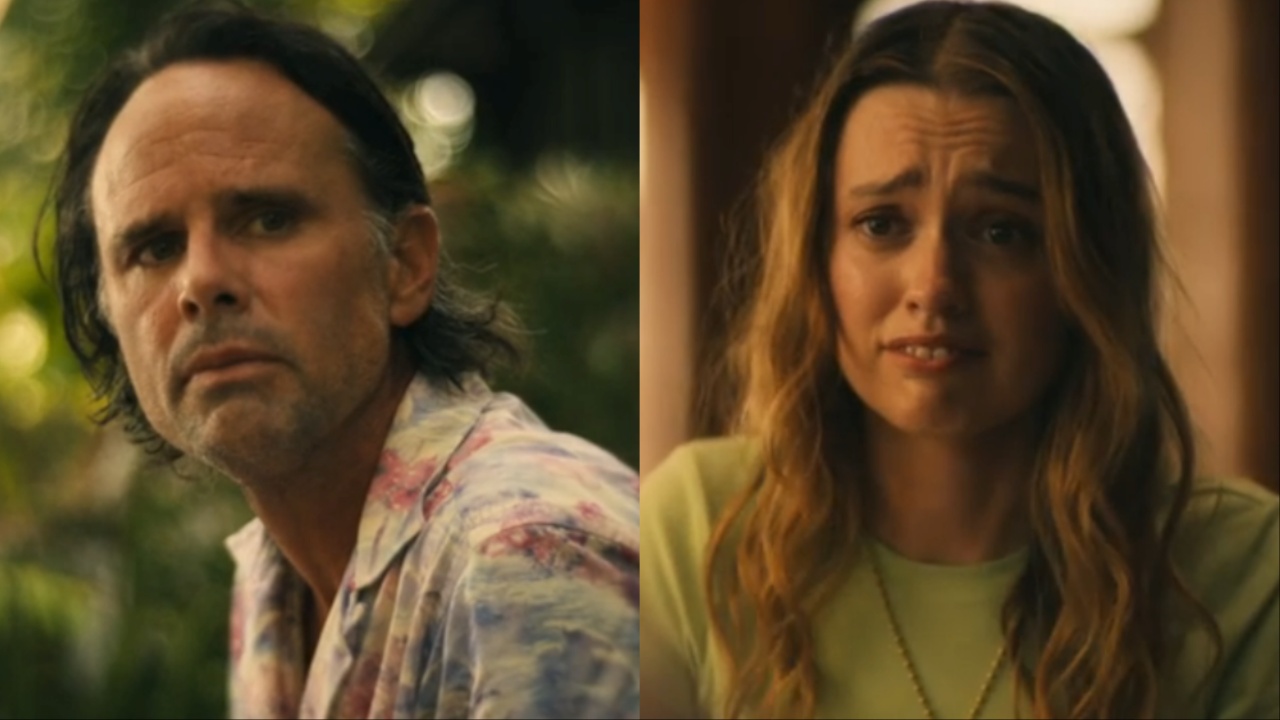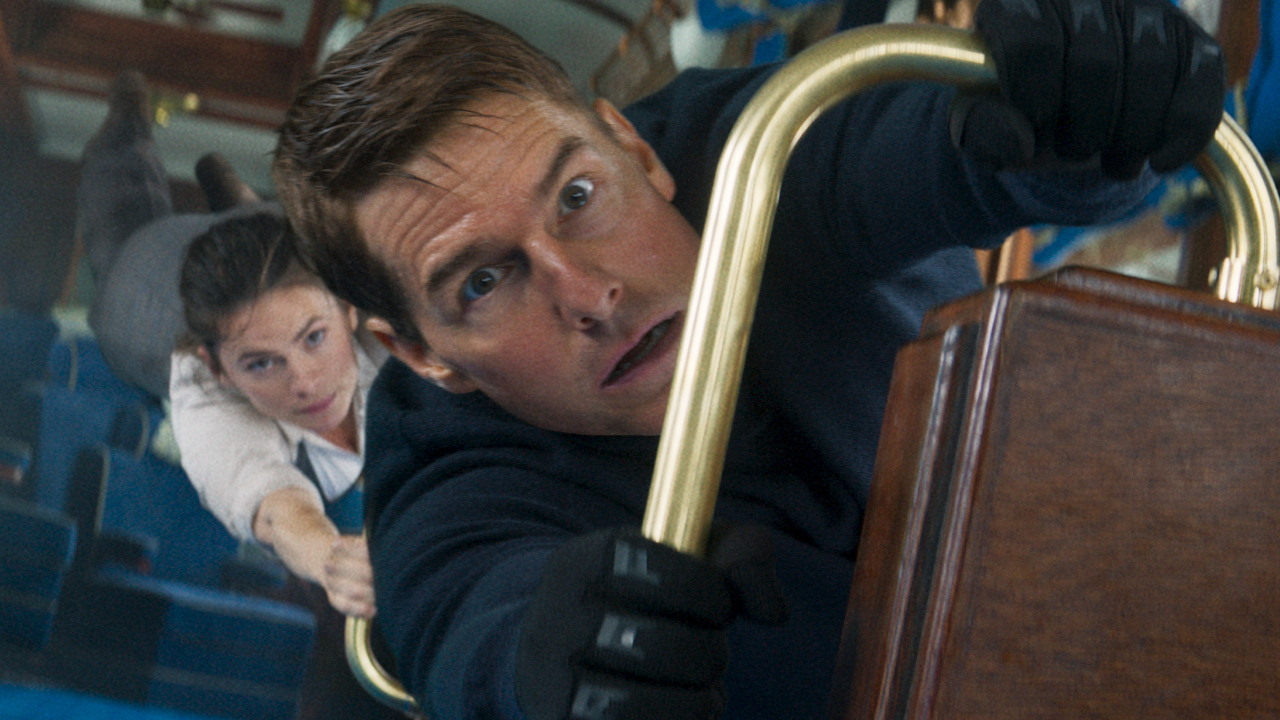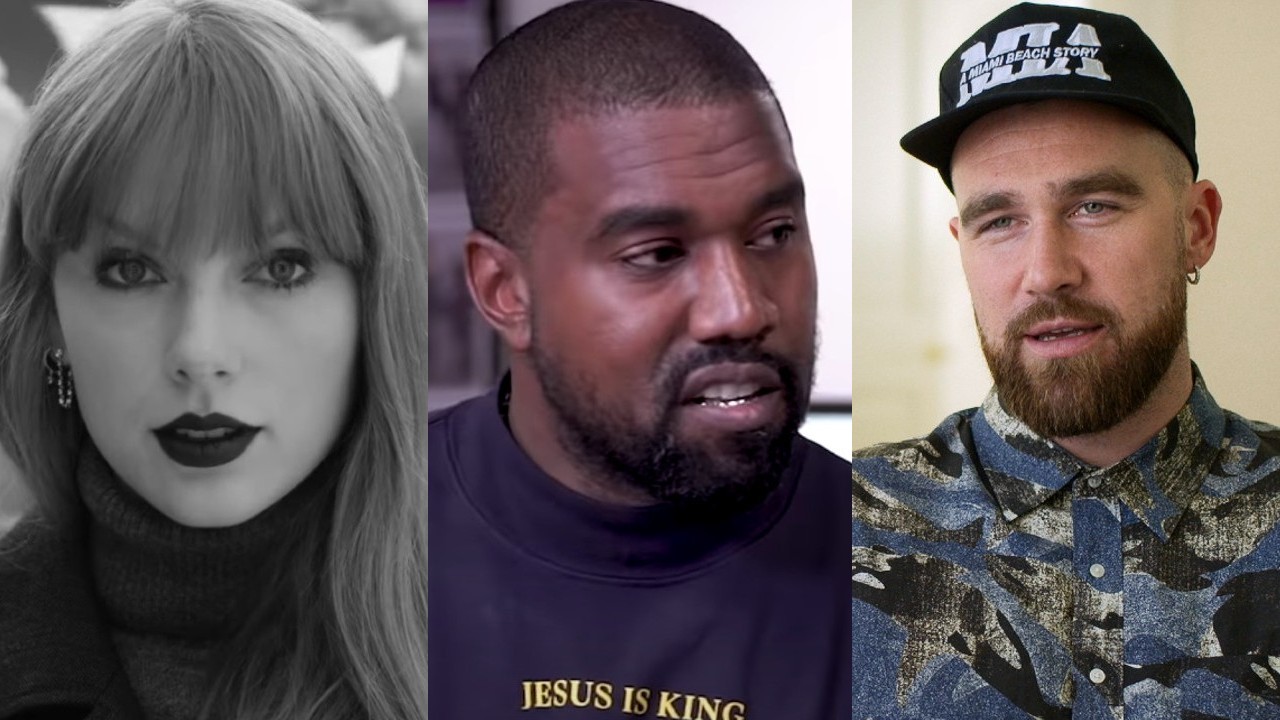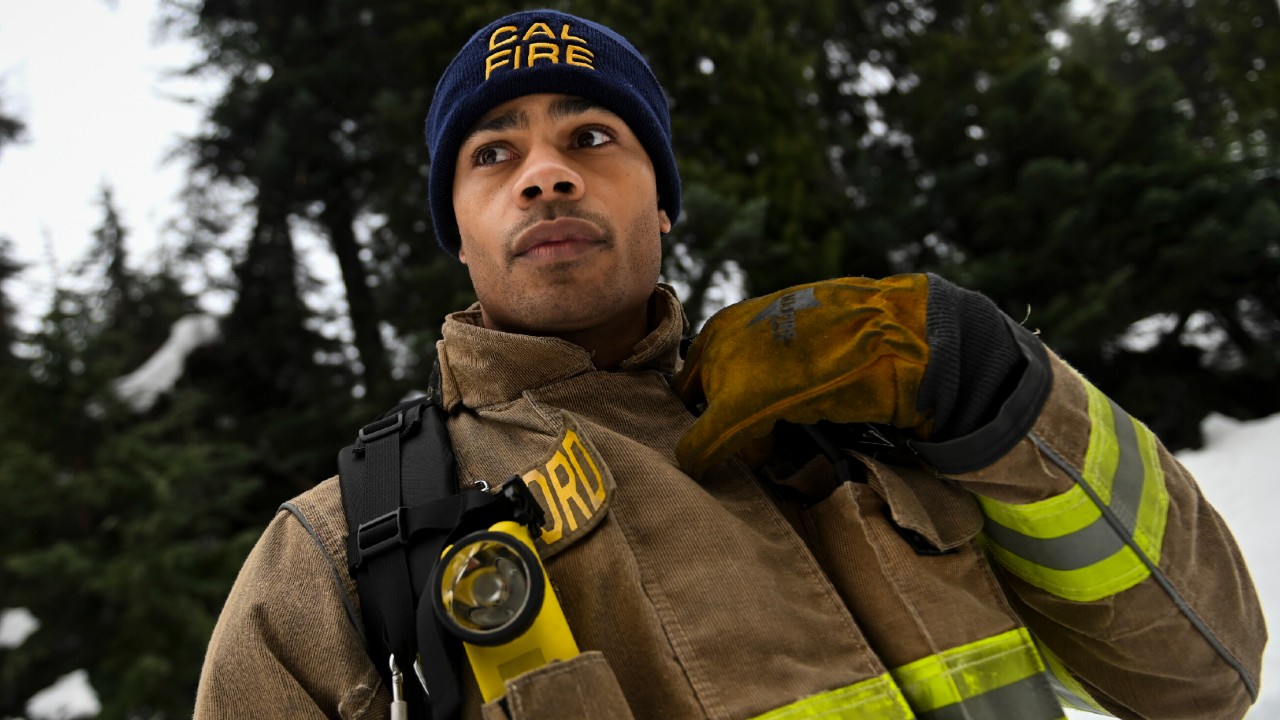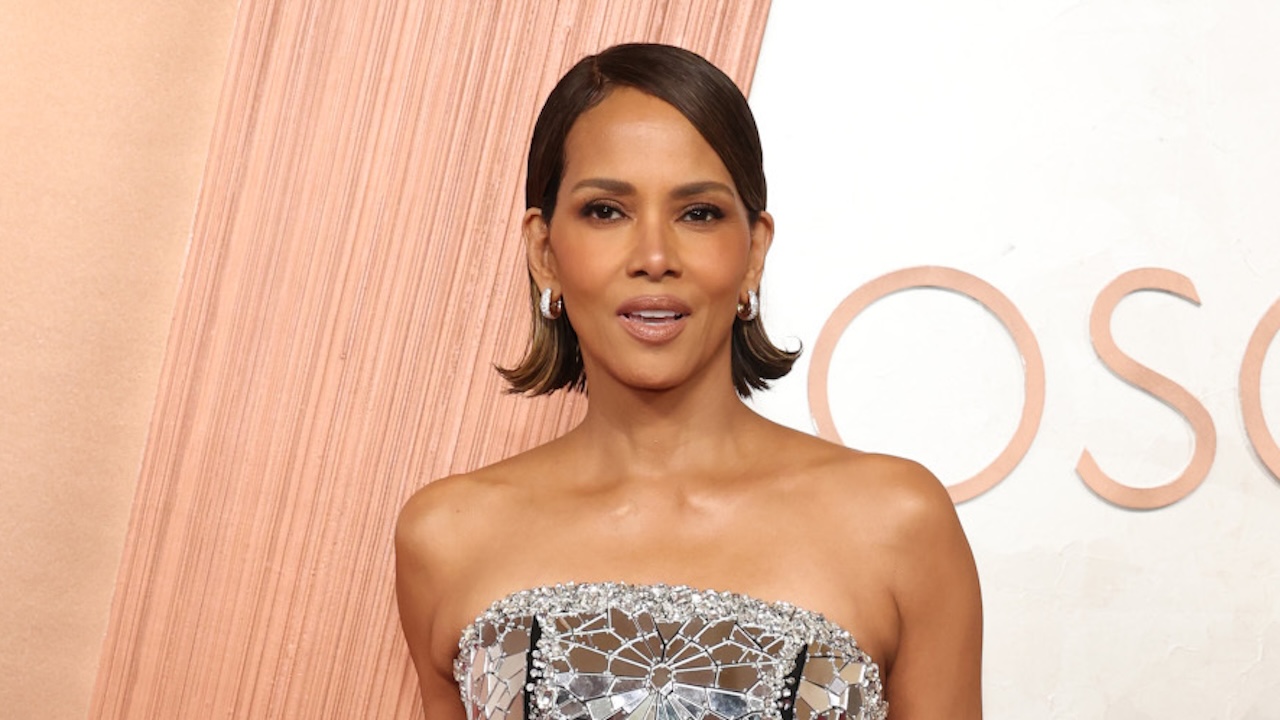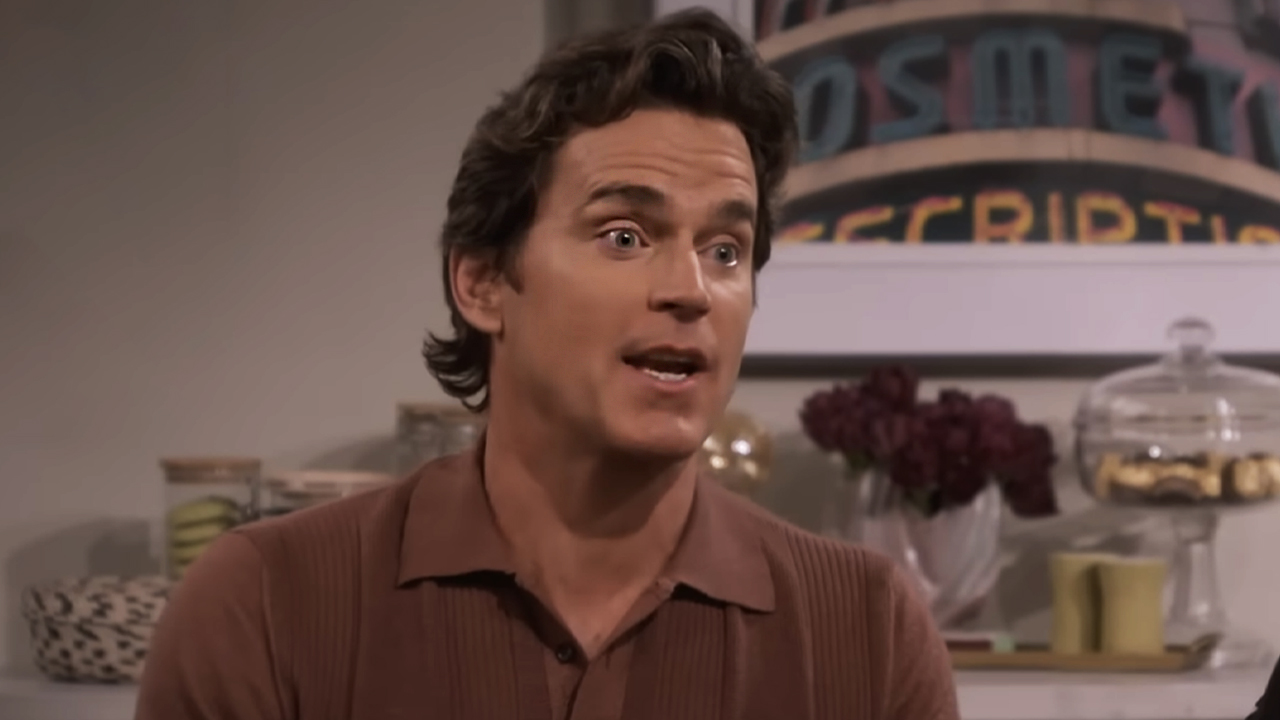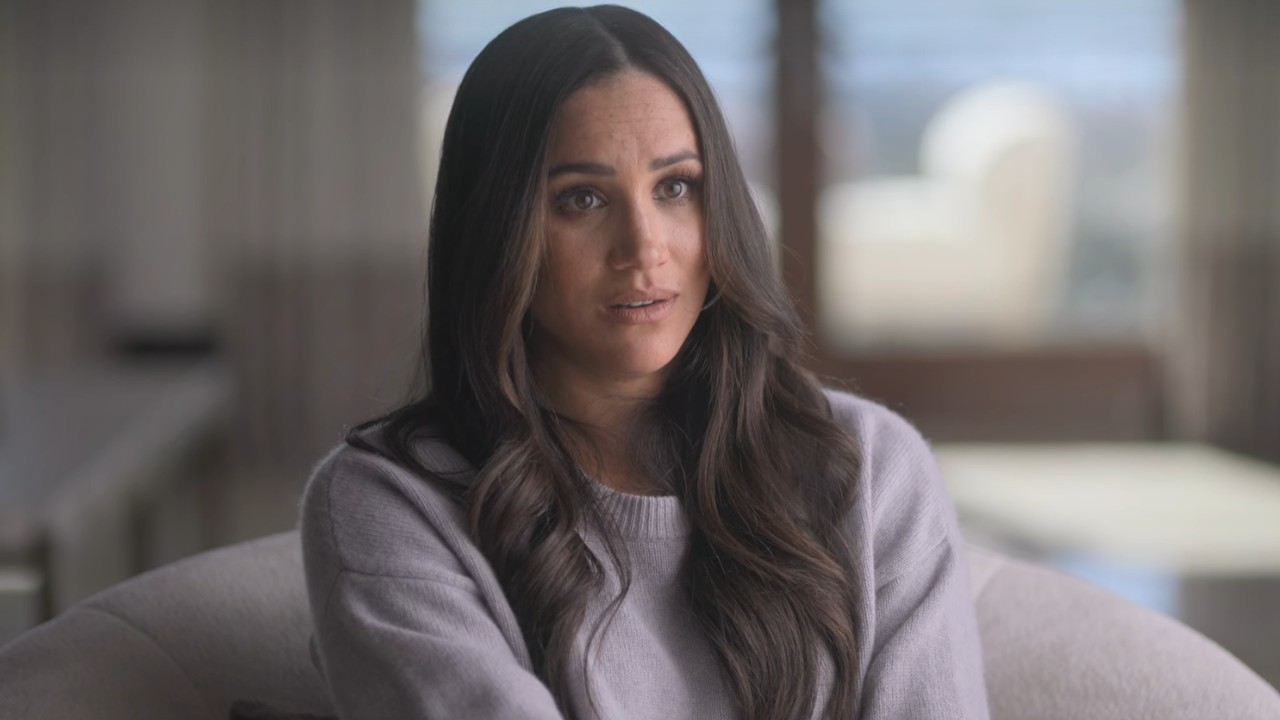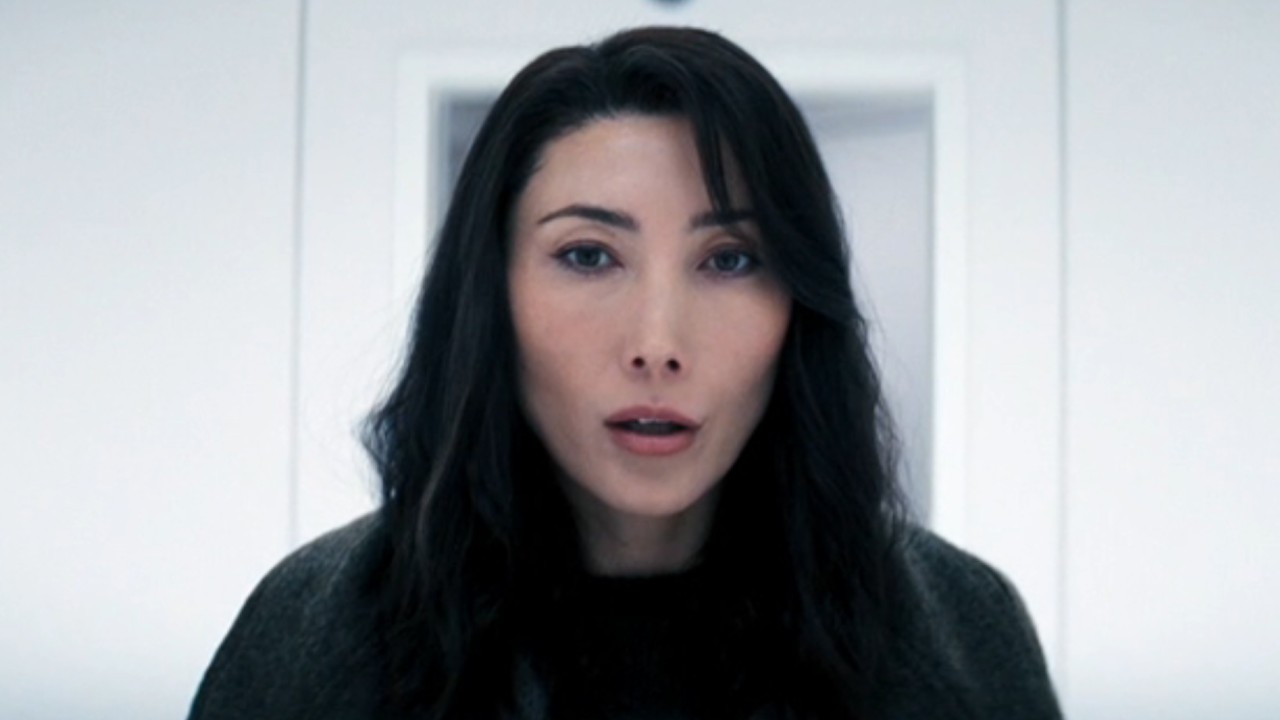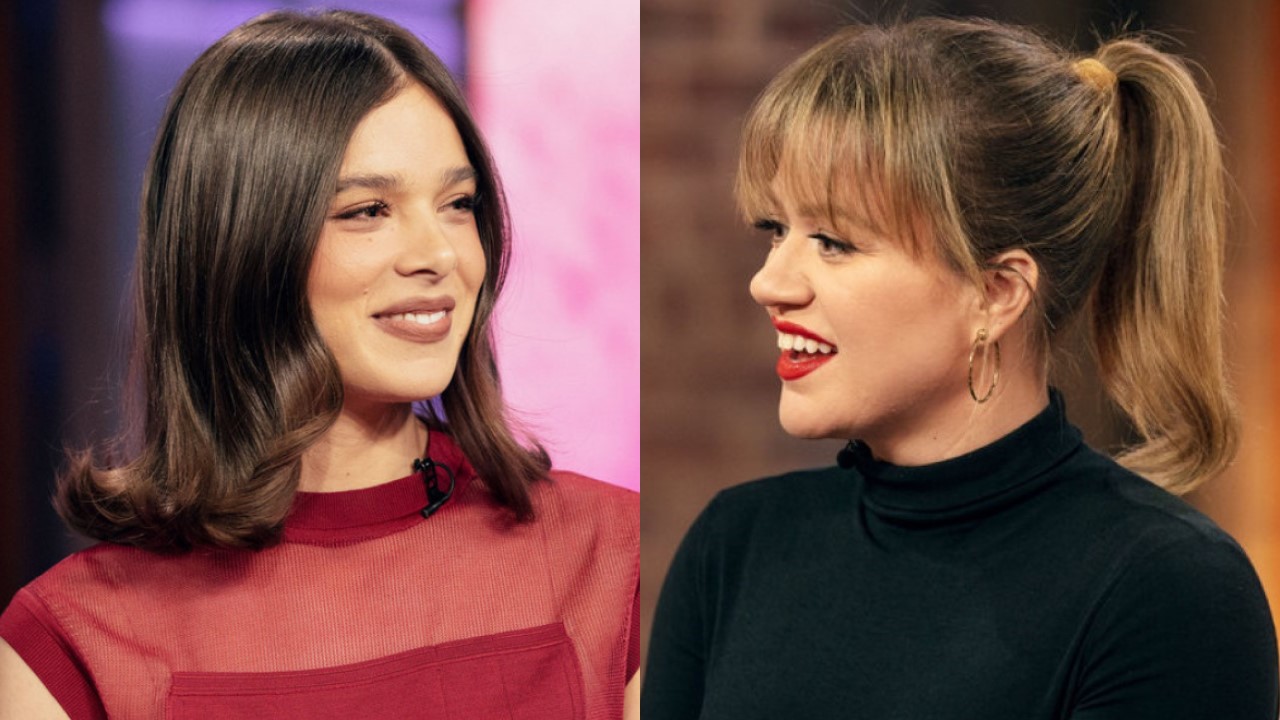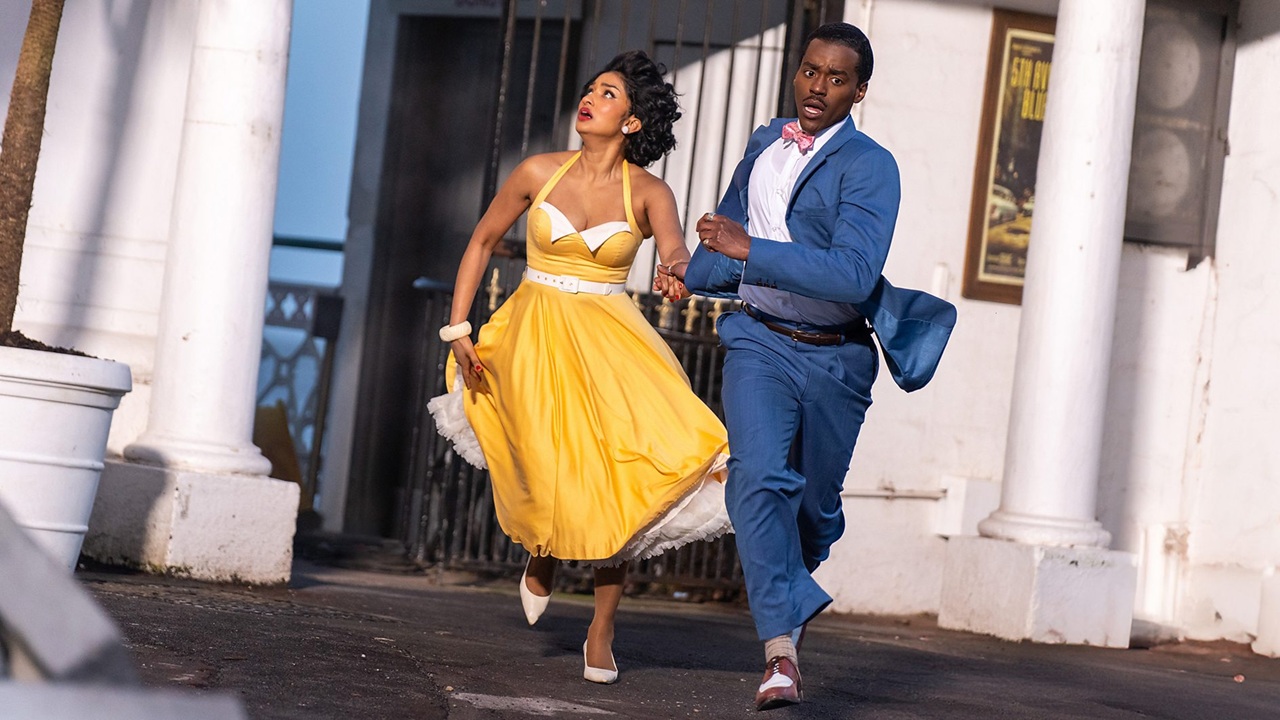Why Lost Producers Originally Wanted To End After Three Seasons
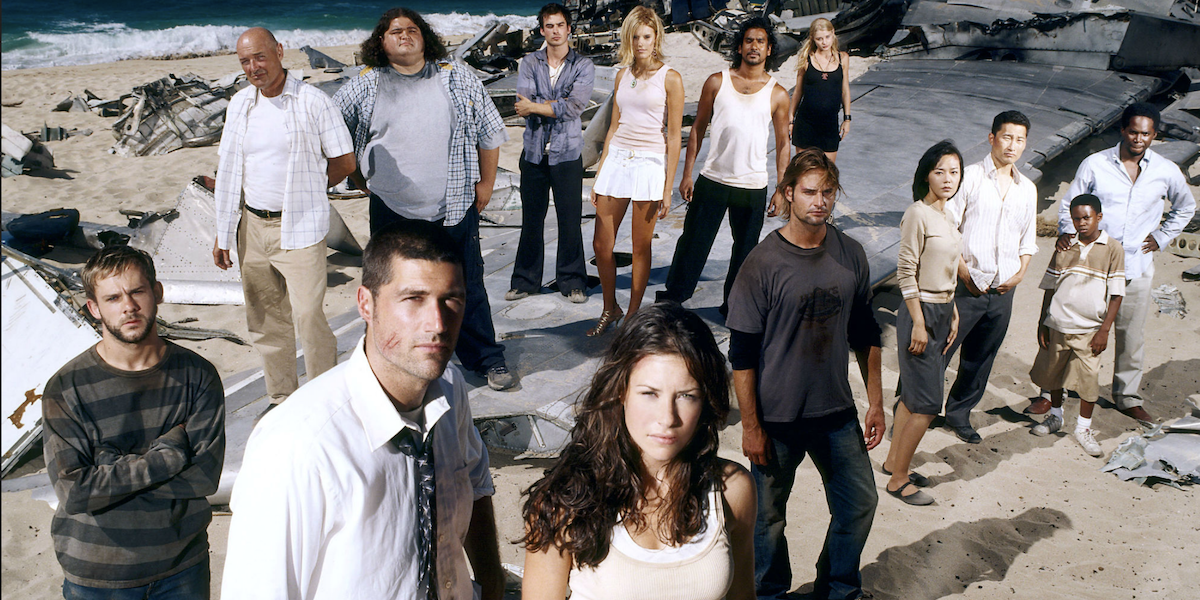
CinemaBlend participates in affiliate programs with various companies. We may earn a commission when you click on or make purchases via links.
Remember Lost? I mean, unless you were but a wee babe when the supernatural plane crash mystery aired, you must remember the TV juggernaut that was Lost. This is a show that didn't just have millions of fans tuning in every week, but which had people entranced and so dedicated to figuring out its mysteries that they spent their downtime at work (OK, not all of it was supposed to be downtime.) on ABC's official show website in an effort to try and piece everything together. Ahem...So, you might be surprised to know that Lost's producers only wanted three seasons for the series, and, you might be even more surprised to know why that was.
Lost began in the fall of 2004 and quickly dominated the pop culture landscape as people tried to pick apart the meanings to all the crazy stuff we saw happen to our favorite characters on the show each week. Co-creator and showrunner Damon Lindelof recently spoke to Collider about his time on the series, and not only talked about his and co-showrunner Carlton Cuse's deep desire for Lost to end after Season 3, but why they felt it was so necessary:
Lost was like, ‘What’s in the hatch? What’s up with the monster? Who’s the original Sawyer? How did Locke get in the wheelchair? What is the nature of the island? Why does it appear to be moving? Who are the Others?’ There were all of these compelling mysteries and so we were saying, ‘We wanna have this stuff answered by the end of Season 1, this stuff answered by the end of Season 2, and then the show basically ends after about three years.’ That was the initial pitch, and they were not even hearing it. They looked at particularly me — Carlton came on about midway through Season 1 and he joined the chorus of me — but they were just like, ‘Do you understand how hard it is to make a show that people want to watch? And people like the show? So why would we end it? You don’t end shows that people are watching.
Wooooo, boy. I mean, to take a step inside of the shoes of ABC executives back then, I totally get that this would be the thought process up front. Damon Lindelof even noted during his interview that he tried to get ABC on board with the idea of letting him wrap the show up in three seasons while Lost was still in the pilot stage of its development, so he knew what he was doing in trying to make sure his team and the fans would get a complete (and completely coherent) story.
If you were a regular Lost viewer back in the day, then you will know that many fans complained about the series as it became a bit more long in the tooth. Lindelof and Cuse were not able to convince ABC executives to wrap the show after Season 3, though they had repeated conversations with the network about their sincere desire to do so. When it was obvious the network wasn't going to budge, the co-showrunners agreed to extend their contracts so they could shepherd Lost through the end of Season 3 and at least finish their original vision.
But, while in the depths of Season 2, Lindelof says that the network was still clearly confused about why he and Cuse felt the show needed such a definite (and relatively speedy) ending, and when presented with the question, says that he and his co-showrunner would point out the issues, which were obvious to them:
All this time when ABC would be like, ‘Why do you want to end the show?’ we’d say, ‘These flashbacks are finite. You can do like three flashbacks of Jack getting drunk and being self-destructive, or Charlie relapsing, or Kate running away and the marshal that is chasing her. But ultimately the first one feels like an origin story because you’re learning about that person for the very first time, but all the other ones feel like you’re treading water. So we’re gonna have to switch gears—we can introduce new characters who have new backstories, but people are invested in the old ones. We’re seeing about eight chess moves ahead and it ain’t gonna end pretty.’ And they just didn’t agree with us.
Sure enough, when Lindelof, Cuse, and their writers got into Season 3, they were left with having to stretch out some mysteries, create new ones that hadn't been planned and try to bring in new characters so they could keep the flashback machine rolling. And, the duo could already feel the show losing its way. According to Lindelof, though, after the first six episodes of Season 3 aired, ABC finally saw those potential issues come to life on the small screen, and agreed to end the show...after 10 seasons!
CINEMABLEND NEWSLETTER
Your Daily Blend of Entertainment News
Obviously, they were able to come to an agreement, and Lost ended with six wild and crazy seasons under its belt, a storied history, and one of the most debated series finales in recent memory. I can't lie, you guys, just thinking about the heyday of Lost has me wanting to rewatch the series, even if the finale will leave me unsatisfied.
All of Lost is streaming right now on Hulu (while we wait for word on that potential reboot), but for more to watch in the coming weeks, check out our 2020 Netflix guide and see what summer TV will bring!
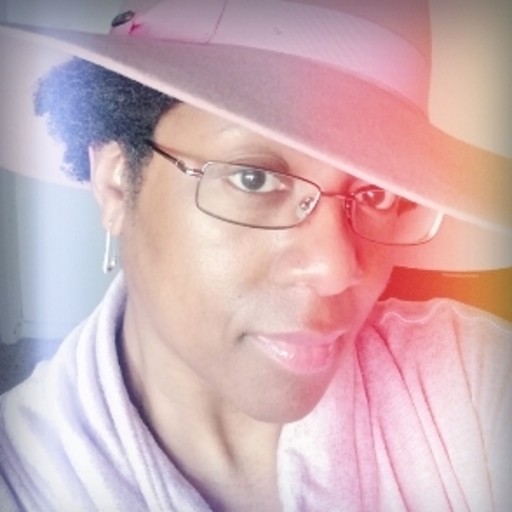
Covering The Witcher, Outlander, Virgin River, Sweet Magnolias and a slew of other streaming shows, Adrienne Jones is a Senior Content Producer at CinemaBlend, and started in the fall of 2015. In addition to writing and editing stories on a variety of different topics, she also spends her work days trying to find new ways to write about the many romantic entanglements that fictional characters find themselves in on TV shows. She graduated from Mizzou with a degree in Photojournalism.
